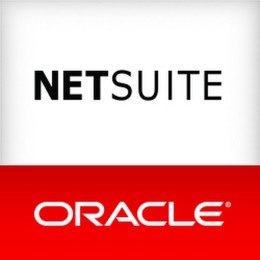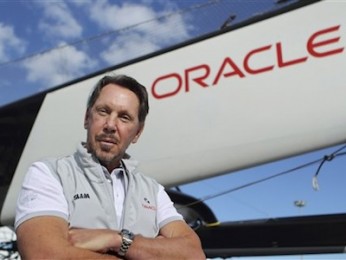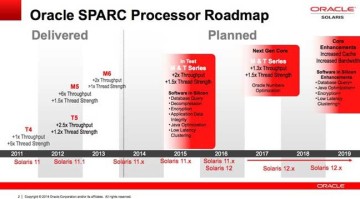 Transparency Market Research (TMR) has added up some numbers and divided them by its shoe size and worked out that the global cloud content delivery network market is yet to graduate from its transformational phase.
Transparency Market Research (TMR) has added up some numbers and divided them by its shoe size and worked out that the global cloud content delivery network market is yet to graduate from its transformational phase.
However, in a report with the punchy title “Cloud Content Delivery Network Market (Type – Standard/Non-Video CDN and Video CDN; Core Solution – Web Performance Optimization, Media Delivery and Cloud Security; Vertical – Advertising, Media & Entertainment, Online Gaming, E-commerce, Education, Government, Healthcare, BFSI, IT, and Travel & hospitality) – Global Industry Analysis, Size, Share, Growth, Trends, and Forecast, 2017 – 2025.” , TMR thinks that the market is speeding its way through on the back technological breakthroughs and generous spending by the leading companies.
A title like that for a report surely makes the alphabet groan.
The investment spike will give “thrust” to the market’s transformation, letting traditional providers counter challenges posed by new services. Existing companies in the global cloud content delivery network market are paying more attention to new stuff to bust possibilities of security breaches and efficiently compete in the overall market, the report said.
Partnerships, mergers and acquisitions, and joint ventures have kept prospects bright for the players in the global cloud content delivery network market.
TMR identifies Akamai, Limelight, CenturyLink, CDNetworks, Google, Amazon Web Services, NTT Communications, Alibaba Cloud, Oracle, and Cloudflare as some of the leading players in the business.
The global cloud content delivery network market was pegged at $3,019.6 million by TMR in 2016. Showing a 25.5 percent CAGR, the market will be worth $18,564.5 million by the end of 2025, it estimates. The market is likely to witness “soaring” demand from the media and entertainment segments. Regionally, big vendors will “catapult” North America to the head of the ratpack. Besides this, Asia Pacific is likely to show tremendous growth during the forecast period.
The demand for low-latency and high-quality digital data has increased. The report reckons that the “global society” is increasingly communicating, buying, relaxing, transacting, and learning using the internet, the demand for building efficient cloud content delivery network will rise. As traffic in video streaming grows, quality of services provided will be very important.
“As cloud content delivery networks offer improved quality control, the world will witness a spike in their deployment in the forthcoming years. Other than this, recent advances in the internet network, which have made it agiler will bode well for the market’s prospects. Also, basking in increased broadband speed and exponentially rising downloadable content, the cloud content delivery network market is likely to gain major impetus in the coming years. With organizations migrating their IT services on the cloud, TMR expects the market to gain considerable momentum shortly.”
On the negative side, the global cloud content delivery network market will continue reeling under concerns about data security, the report said.
The market is also likely to face challenges from latency problems. Whew, the alphabet can relax a bit, now.
 Oracle Platinum Reseller Inoapps has launched a series of podcasts for customers and other stakeholders.
Oracle Platinum Reseller Inoapps has launched a series of podcasts for customers and other stakeholders.













